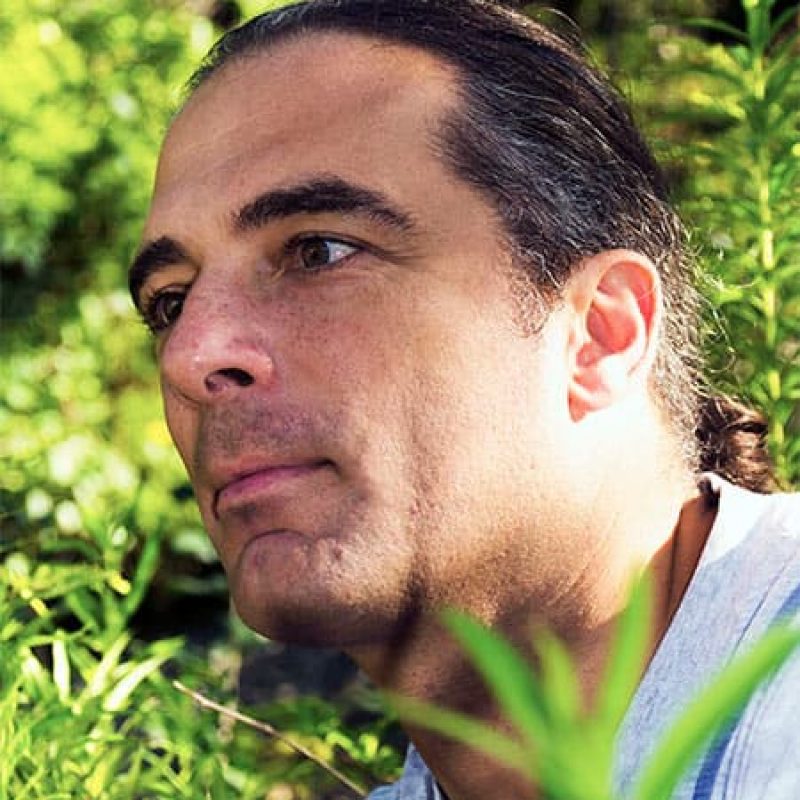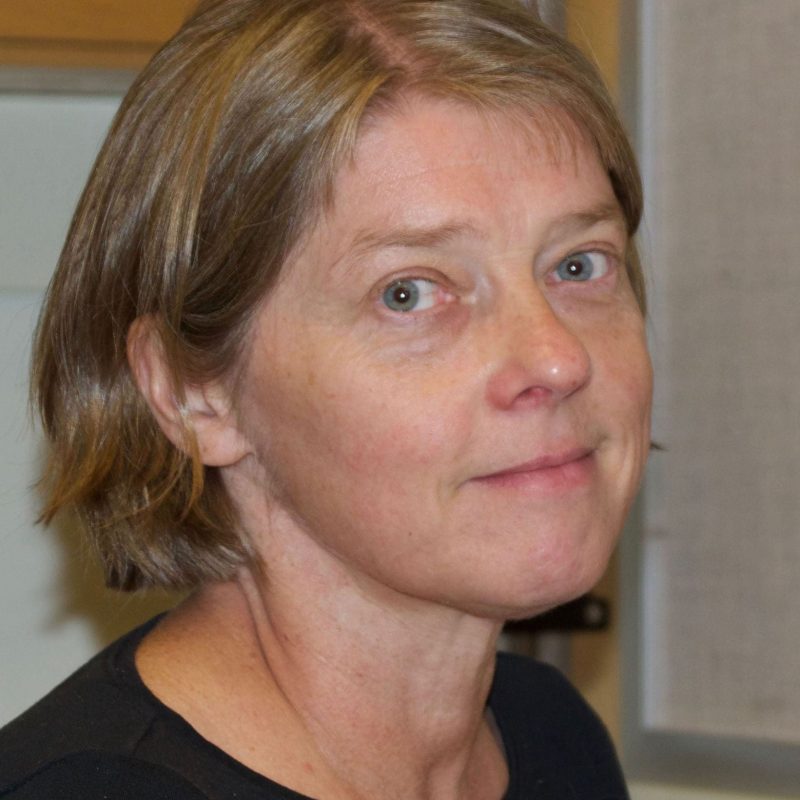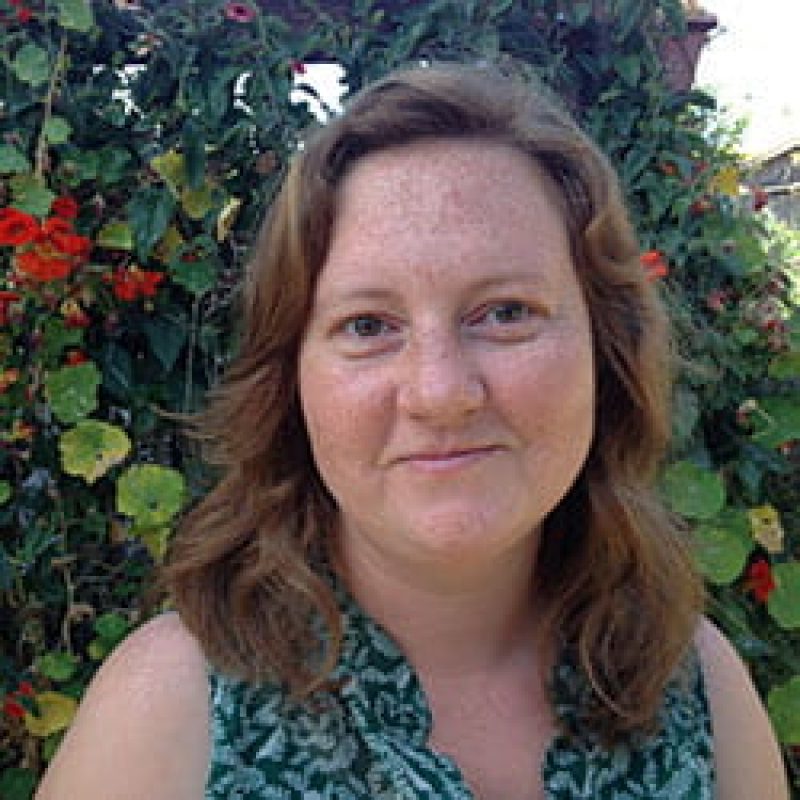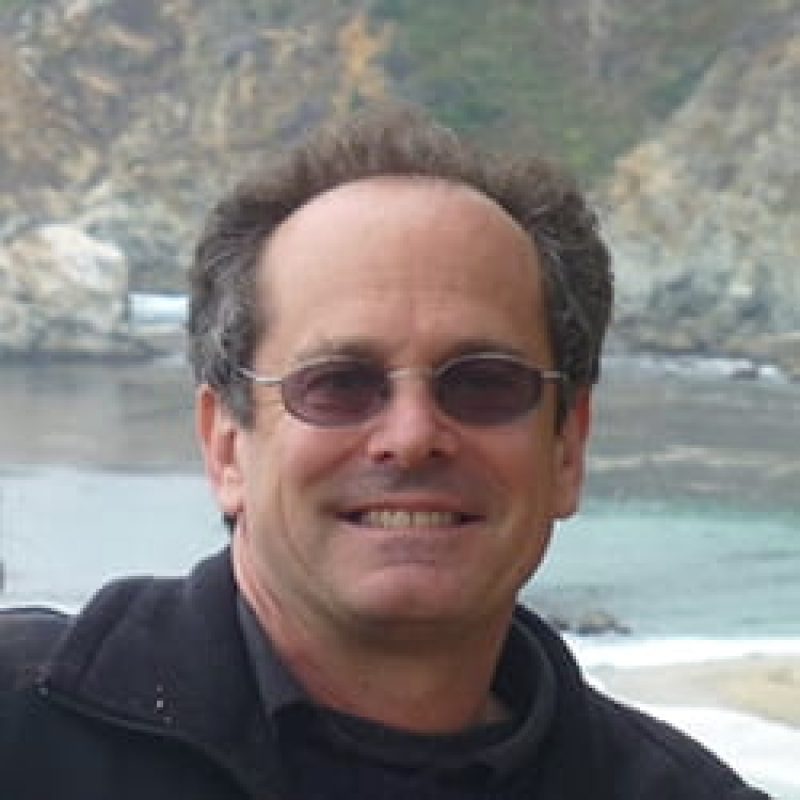Role: Potential MFF (REU) Host
-

Andre Kessler
The research in the Kessler Lab focuses on the ecology and evolution of plant chemical defenses (secondary metabolites) to pathogens and herbivores and the role of soil microbial communities to affect and be affected by plant secondary metabolism. Thus we try to understand how microbially-mediated[...] -

Maren Vitousek
My lab studies how stress and social interactions alter the biological state of organisms and their gut microbes. Much of our work uses free-living passerine birds as systems to test the gut microbial impacts of stress and social connectedness. Student projects will involve field work[...] -

Angela Poole
The Poole Lab studies how factors like substrate availability and host genes influence the dynamics of symbiotic oral and gut microbial communities. Students will conduct in vitro studies on saliva samples to characterize the response of microbes to a panel of carbohydrate substrates. They will use bioinformatics[...] -

Joe Peters
The Peters lab studies microbial evolution via mobile genetic elements. We are interested in how mobile elements evolve new functions within host-associated bacteria. Students in the lab will develop skills in bioinformatics, molecular genetics, and biochemistry. An example student project is using sequencing data to[...] -

Teresa Pawlowska
We study the mechanisms underlying ecological interactions between fungi and bacteria. Student projects will focus on current work to characterize the bacteria associated with mycorrhizal fungi in poorly studied desert habitats in California and Israel. Students will learn culture and microscopy techniques, and phylogenetic analysis. -

Corrie Moreau
The Moreau lab focuses on the symbiotic factors that drive evolutionary diversification in ants. One example question is whether seed-eating ants have distinct gut microbiomes to facilitate their use of this food source. Students will characterize the gut microbiomes of ant species using 16S amplicon[...] -

Elizabeth Johnson
We study how lipids mediate host-microbiome interactions. A potential student project in the lab involves using techniques developed in the lab to identify novel interactions of saturated fatty acids with the gut microbiome and developing advanced techniques in anaerobic microbial genetics to determine the consequences[...] -

Tory Hendry
The Hendry lab studies how environmental bacteria interact with insect hosts. Our main focus is understanding how plant-associated bacteria influence the health and behavior of insect herbivores. Students will design mesocosm experiments with culturable bacteria growing on plants and herbivorous insects, using skills in bacteriology[...] -

John Helmann
We use Bacillus subtilis as a model system to characterize the bacterial stress responses elicited by metal ion limitation and excess during infection, and by host-produced antibiotics that interfere with integrity of the cell envelope. The resulting insights are relevant for understanding the mechanisms that allow bacterial[...] -

Michelle Heck
Our research uses a combination of molecular, genetic, and proteomics approaches to understand how insects transmit plant pathogens and how pathogens manipulate host plants to ensure replication and transmission. For instance, students will characterize the transmission rates of viruses by different genotypes of aphids in[...]
